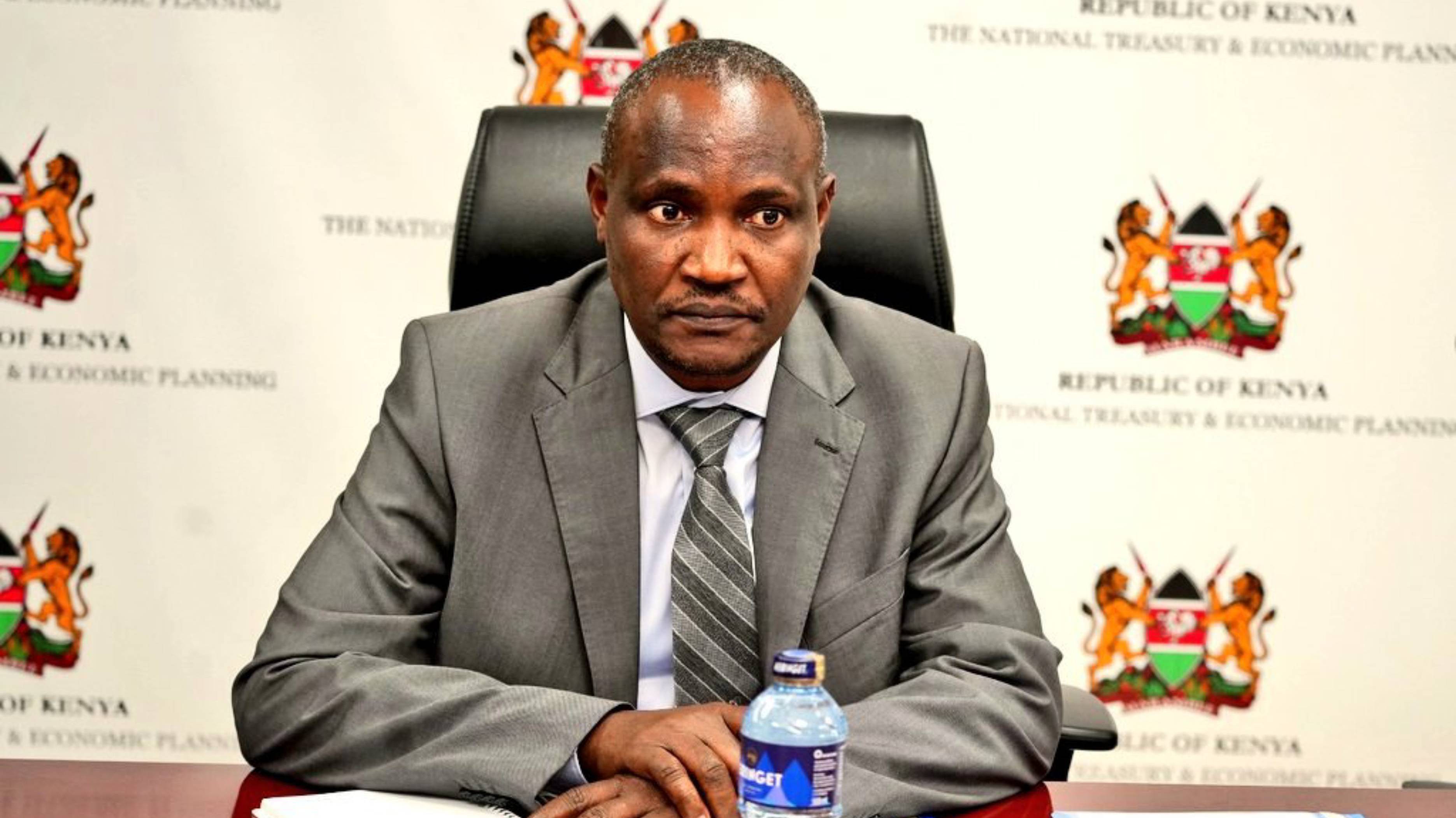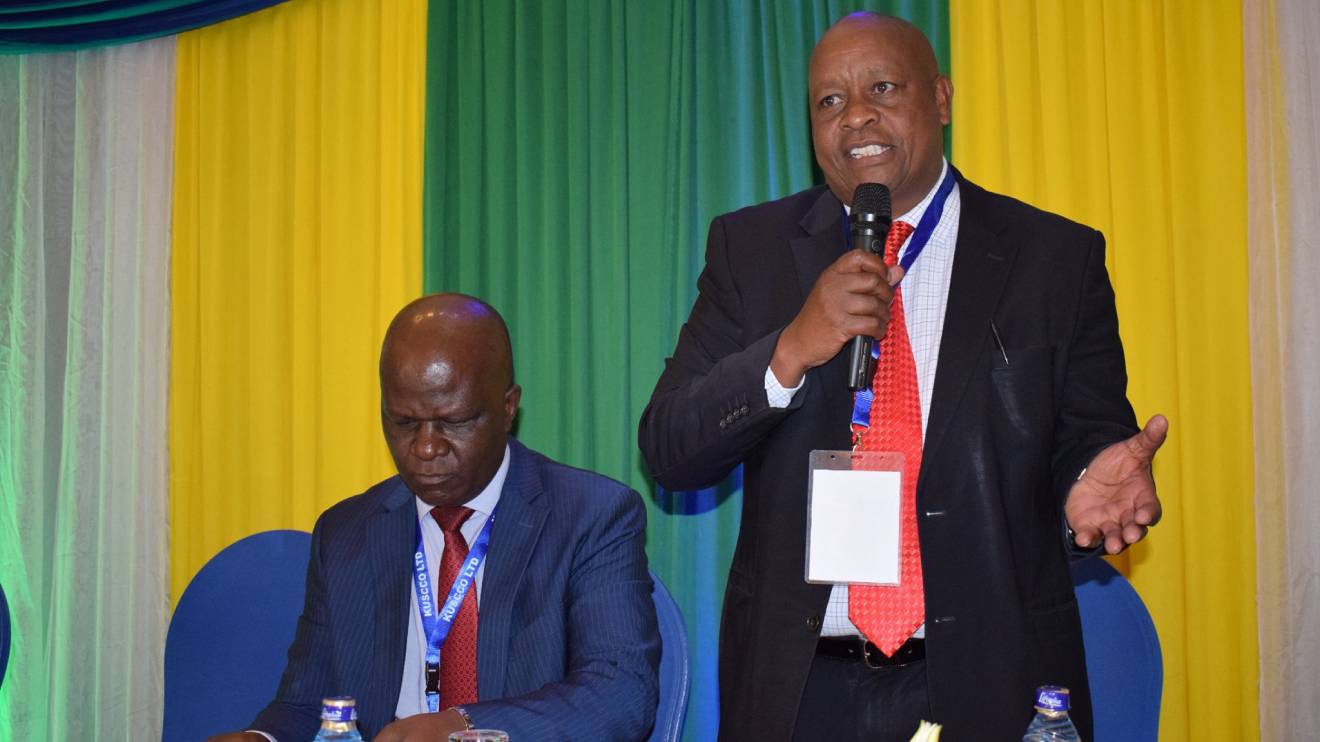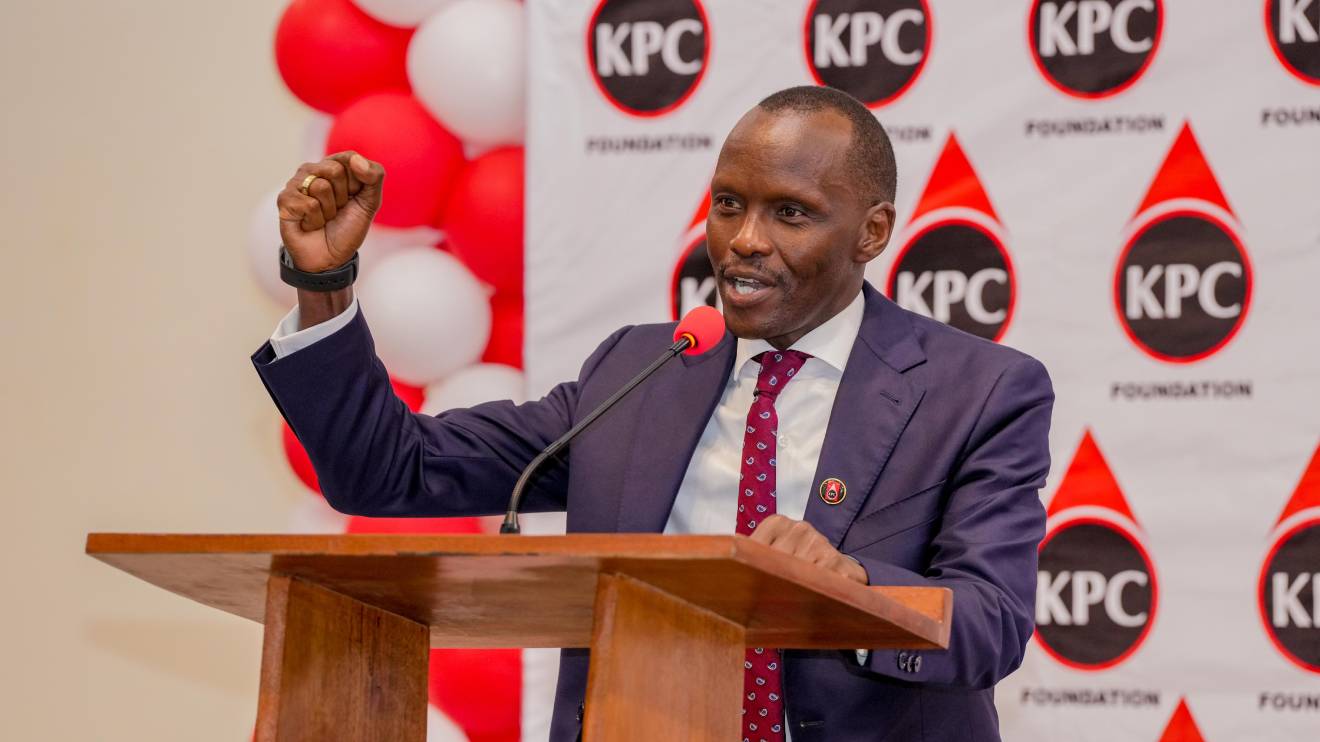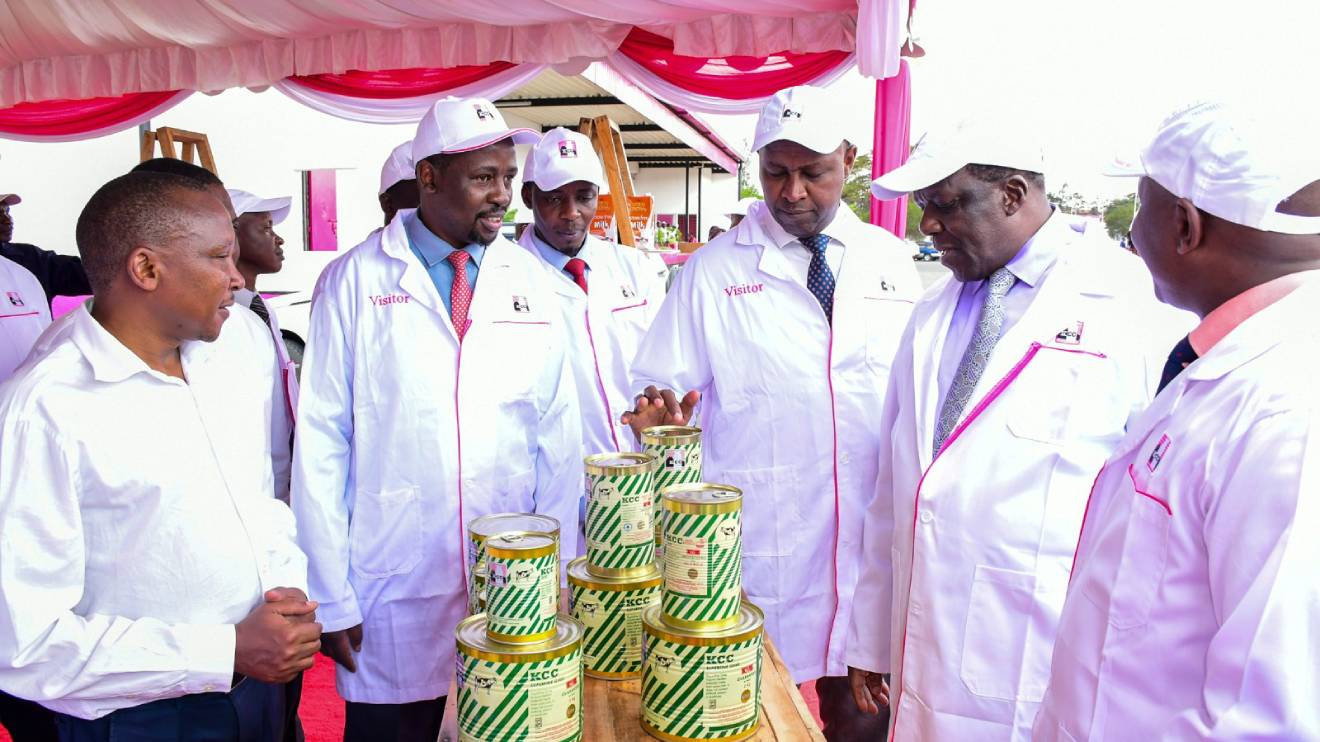Treasury Cabinet Secretary John Mbadi has openly acknowledged the serious economic challenges Kenya is currently facing, revealing that past borrowing decisions, particularly short-term loans for long-term projects, have contributed significantly to the country’s financial struggles.
Speaking at the Migori Teachers Training College graduation, Mbadi stated that Kenya’s economy is not performing as it should.
“It is true that our economy is not doing very well. It is largely because at one time we took short-term loans to develop long-term projects,” said Mbadi, offering a frank assessment of the nation’s economic difficulties.
Mbadi’s remarks diverge sharply from President William Ruto’s more optimistic view of the economy, which has painted a picture of positive growth despite ongoing financial issues.
While the president has been keen to highlight the benefits of government initiatives, Mbadi’s comments provide a stark contrast, focusing on the long-term strain caused by unsustainable borrowing.
Read More
Despite these challenges, Mbadi assured Kenyans that the government is committed to resolving the economic issues.
He expressed confidence that with the right measures in place, the country could recover. He also warned that the road to recovery would be difficult and require patience from the public.
“We will be left to look inward, and this is the worst period for Kenya. Some time back, we decided to take loans as a country, and these loans have now reached their peak,” Mbadi stated, highlighting the fiscal pressures that have arisen from high levels of debt.
Kenya’s debt burden stands at approximately Sh10 trillion, with two-thirds of national revenue being used for debt servicing.
In light of these financial constraints, Mbadi acknowledged the country's struggle to balance its books, but also assured that the government is working on strategies to stabilise the economy.
“Even when I tell you about the difficulties and stress of paying debts, it is not to scare you. It is only to make you appreciate that things may not be so easy. But I am telling you today that I am equal to the task,” he said, emphasising that despite the challenges, the government is determined to find a way forward.
In addition to addressing the broader economic issues, Mbadi called on lawmakers to support his first Budget Statement in June, stressing the need for fairness and inclusivity in the upcoming financial plans.
“Inclusivity is paramount and embedded in our Constitution. Fairness is one of the principles under Article 10 of the Constitution,” he said, pointing to the importance of equitable distribution of resources in the country.
During the event, Migori County Governor Ochilo Ayacko also raised concerns about the underpayment of teachers, urging the government to increase the budget allocation for teachers’ salaries.
Ayacko warned that the ongoing economic challenges could further demoralise teachers, potentially affecting their productivity and the quality of education.
Mbadi also encouraged people from Nyanza to support the government, stating that President William Ruto is committed to addressing the region’s infrastructure needs.
He highlighted ongoing projects such as the Masara-Sori Road, for which the government has already made substantial payments, and the contractor is expected to begin work soon.
Despite the difficult economic situation, Mbadi’s message was clear: with cooperation, patience, and the right policies, Kenya can overcome its current challenges and move towards recovery.






 shares a light moment with the company's Group CEO Dr Patrick Tumbo (right) at a past event-1743788447.jpeg)
